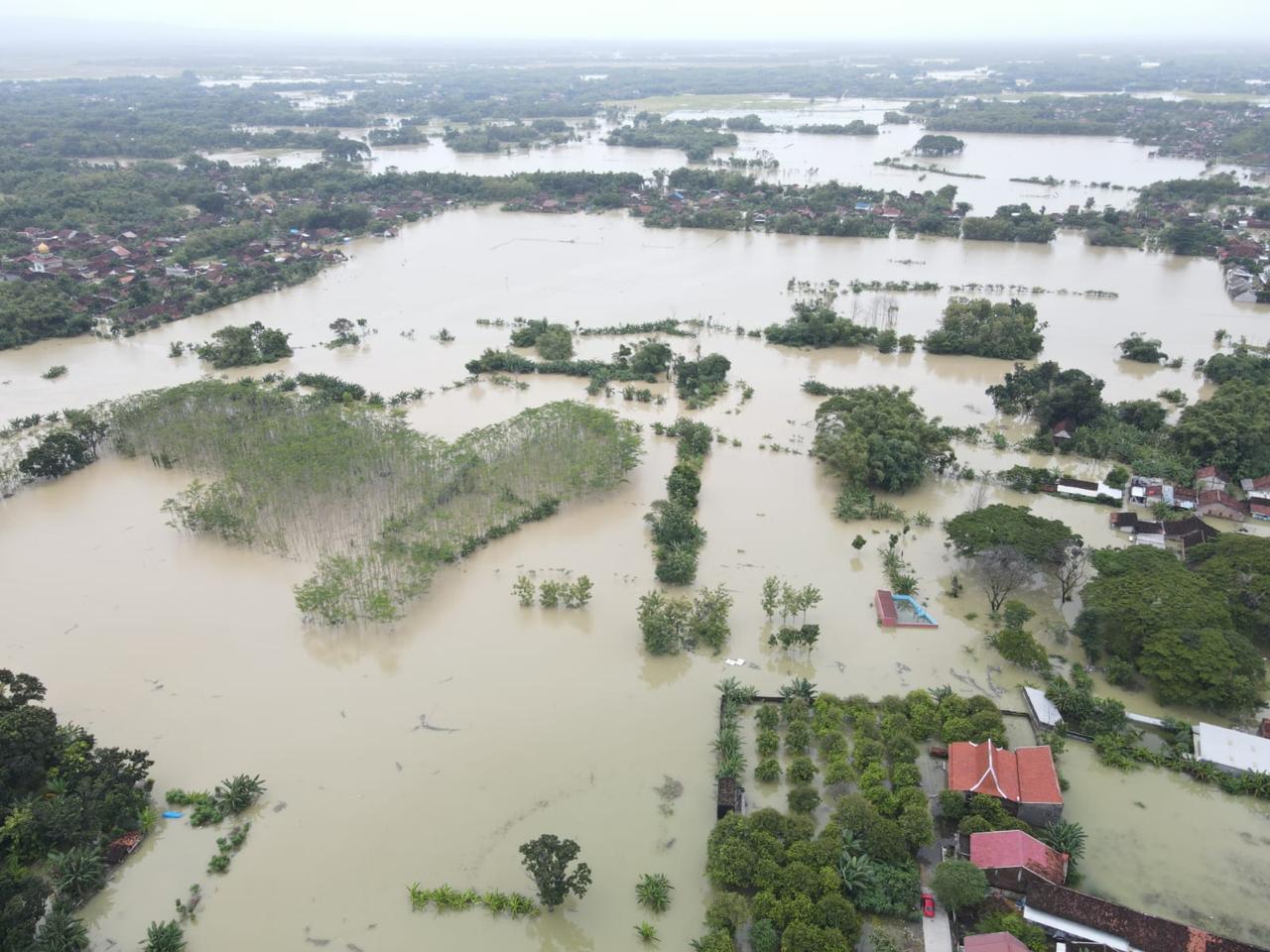Tanah • Air
______________
(noun)
- Literally ‘Land & Water’, the Indonesian term for homeland.
- “Water Land” or “Land characterised by water”
_______________
A narrative fiction exploring the meaning of ‘land’ in the context of a traditionally agrarian society confronting the realities of climate change on a rapidly disappearing coastline. As cities across the North coast of Java, the world’s most densely populated island, disappear beneath the waves, how do people whose identity is fundamentally tied to the land inhabited by their ancestors imagine a post-land future for the generations to come?
Pekalongan in Central Java is one of the world’s most vulnerable cities, a densely populated and low-lying settlement which has played a central role in Indonesian history. Lying on the strategic Northern coast of the archipelago’s economic and cultural heartland, Pekalongan’s Javanese character has been blended with cosmopolitan communities of Arabic, Chinese and European descent for centuries, a gateway for goods, people and ideas to percolate into the agrarian interior.
Derived from the Javanese term ‘along’ meaning ‘to receive a large amount,’ the history of this city typifies the Javanese principle of ‘receptivity’ (nrimo), as new modalities of trade, commerce, administration and spirituality from distant lands have become incorporated into what it means to be fundamentally Javanese. Facing the dramatic local impacts of global climate change, Tanah.Air is an imagination of how this new reality might be received, how it will continue the process of adaptation and transformation which have long defined this land, and, perhaps, just how much ‘the city of receiving a lot’ is able to take.
Key Themes
- What can the speculative experiences of communities on the front line of the climate crisis reveal about the true meaning of physical, economic and cultural resilience in the face of transformative global change?
- How does ‘the future’ in the Javanese imagination differ from its counterparts in societies around the globe, particularly as it relates to ‘the West’
- Can the conceptualisation of one or many potential futures provide real insight into how it might be reimagined through action in the present?
